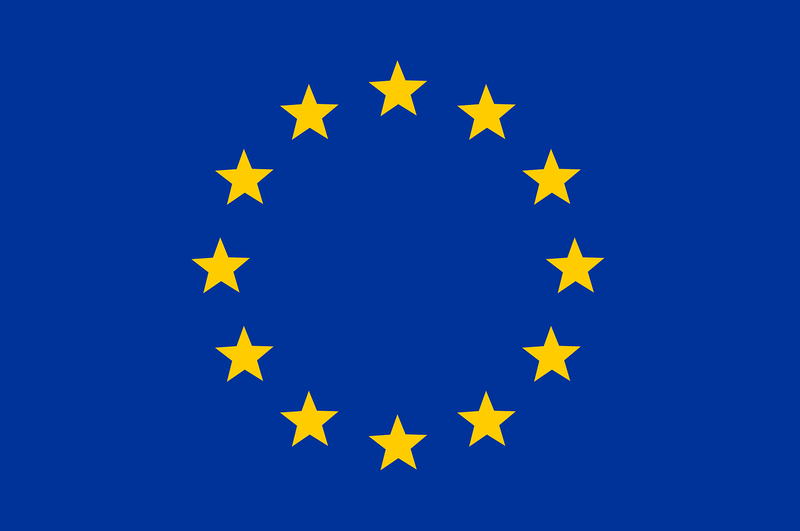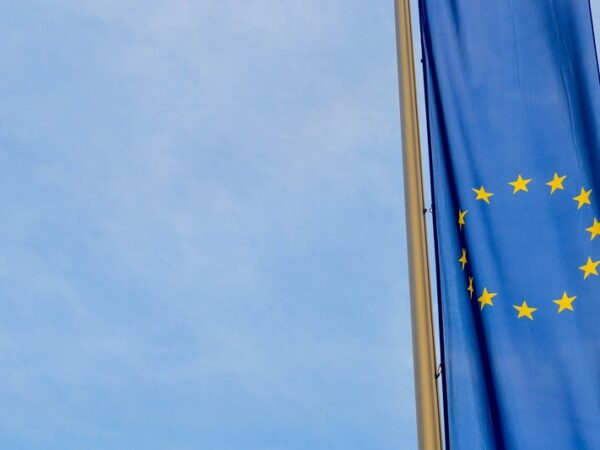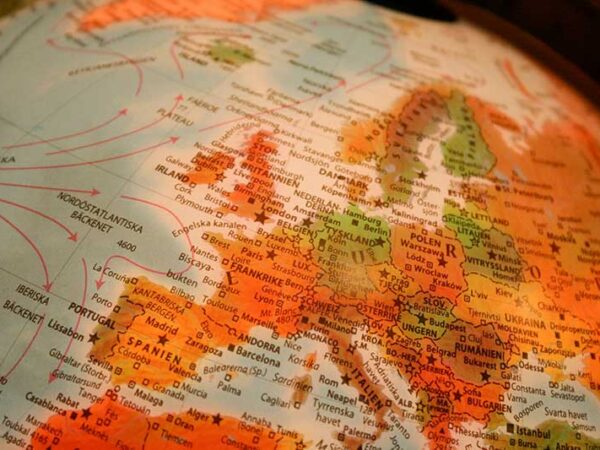Despite the United Kingdom’s exit, and some countries recently expressing concern over possible interference in national politics, the European Union remains a strong economic and political force. What is today known as the European Union first started in 1957 as the European Economic Community (EEC) with just six member nations, these being France, Belgium, Italy, Germany, Luxembourg and the Netherlands.
The current European Union, or EU, comprises 27 member countries and includes virtually every major nation from the west to the east of the continent of Europe, with the United Kingdom now a notable exception following Brexit in January 2020.
EU membership can have significant benefits as it raises a country’s political standing and provides an easily accessible market free of many of the trade restrictions that a non-member state faces. The freedom of movement for all EU citizens throughout the greater European arena is also of tremendous benefit and can greatly boost a member country’s income from tourism.
Because of these factors, as well as legal and democratic reasons, becoming a member of the European Union is viewed as being highly desirable, and a number of countries are currently in the process of seeking membership or on the verge of acceptance.
On the List
It can take many years from making an application to being accepted as a member of the European Union as there are a number of strict criteria that must be met before a country can become a full EU member nation.
Some conditions of entry are easier to satisfy than others, and the path to EU membership can be a twisting and difficult one. Despite the hard work and hardships involved in satisfying the EU’s entry requirements, there are still a number of countries that view the effort as worthwhile.
Currently, there are seven countries being considered as new EU members, and the candidates are:
- Albania
- Montenegro
- Serbia
- North Macedonia
- Moldova
- The Ukraine
- Turkey
Of these candidate countries, Turkey has been waiting for the longest, having first applied for membership in 1987, while Ukraine is the most recent addition to the list, with the country hoping for speedy access prompted by the recent Russian invasion of Ukraine in 2022.
Strict Criteria for Admittance
Before an applicant country is granted EU membership, there are a number of conditions that must be met. The criteria, called the Copenhagen criteria that must be met are based on politics and economics:
Politics
A candidate country must function under a stable democratic system with proper adherence to the laws of the land and respect for human rights.
Economics
A well-balanced, properly functioning economy is essential for a successful membership application.
A prospective candidate must also undertake to adhere to the political and economic obligations that pertain to all EU member states, which include respect for all citizens’ human rights and the promotion of peace and democratic government.
It is not until a country has satisfied the political and economic requirements of the EU that an official application for membership can be submitted.
Application Process
Meeting the required political and economic criteria demanded by the European Union can take years to achieve, and even then, there may be ongoing issues that need to be resolved. However, once EU authorities are satisfied that all is in order, the application process begins. This process is called “accession” and consists of three stages:
Candidacy
An official application to join the EU must be submitted but cannot be done until political and economic criteria have been met. On occasion, a candidate country will lodge an application, but the EU Commission may have reservations or concerns as to whether the Copenhagen criteria have been fully met, and this will be investigated fully until the candidate country reaches full compliance.
Negotiation
From being a candidate, the prospective EU member moves into a negotiation stage. This is when minor (and even major) changes may be made in a country’s legal system, commercial agreements and other domestic areas to ensure it is fully compliant with equivalent systems operating in other EU member states. This process can take years to complete, and then everything has to be ratified by the candidate country’s national governing body or parliament.
Accession
The final step in the application process is accession, whereby a candidate country’s membership of the EU is rubber-stamped and granted by the European Parliament.
There is no set time period for the granting of membership, and it can be a long, drawn-out process. Turkey, for example, first applied for EU membership in 1987 but has yet to be permitted to join for various reasons.
Current Situation
Some candidate countries are on the verge of acceptance into the EU, while for others, the wait goes on with delay after delay. Country by country, this is the current situation approaching the middle of June 2023.
Albania
Albania has been waiting for approval to join the European Union since 2009, when the country first applied. Although the country has made significant progress towards satisfying the Copenhagen criteria, there is still a lot of work to be done in the areas of law reform and regard for human rights. Political and economic corruption also needs to be addressed before membership can be considered.
Montenegro
Montenegro only gained independence from Serbia as recently as 2006, and significant economic growth swiftly followed. Only two years later, in 2008, Montenegro applied for EU membership, and the country is still working its way towards meeting the Copenhagen criteria. Although progress has been made on public, legal and economic reforms, there is work yet to be done, but Montenegro is well on the road to becoming a member of the European Union.
Serbia
Following the 1991 break-up of Yugoslavia, Serbia did not apply for EU membership until 2009, but progress has been slow because of issues such as the recognition of Kosovo, which declared its independence in 2008. It was not until 2013, when Serbian and EU authorities reached an understanding regarding Kosovo’s standing, that the process of accession could be started, but progress has been very slow to date.
North Macedonia
Another long-running application process is that of North Macedonia. The application was lodged in 2004, and North Macedonia has since carried out significant reform measures, including renaming the country to satisfy Greece. The dispute with Greece was followed by another with Bulgaria, who vetoed the North Macedonia application. This veto was lifted in 2022, and Bulgaria is now supporting the North Macedonia application for EU membership.
Moldova
A next-door neighbour of Ukraine, the pro-European government of Moldova moved swiftly to lodge an application for EU membership following Russia’s invasion of Ukraine. Moldova was readily granted candidate status but must still meet the necessary qualifying criteria before membership becomes a reality.
Ukraine
Independent from Russia since 1991, Ukraine swiftly applied for EU membership following the Russian invasion in early 2022. The EU, sympathetic to the plight of the country, moved quickly to grant Ukraine candidacy for membership, and the country is presently working on fulfilling the required membership criteria.
Turkey
The Turkish application for EU membership is a never-ending saga at this stage. Having applied as long ago as 1987, Turkey has yet to satisfy the EU Commission over human rights, and the powerful influence of Islam in the country is also a concern. The recent attempted coup in 2016 and governmental crackdowns on public dissent have also not helped the Turkish case for membership.
Travel Benefits
Apart from the economic and political advantages that come with membership in the European Union, there is also a significant benefit for the ordinary citizen. Not being a citizen of an EU member state means that it will soon become necessary to have ETIAS (European Travel Information and Authorisation System) approval to enter any of the 27 member states, and a Schengen Visa may also be required where the country being visited is a Schengen Area member but not part of the European Union.
As an EU citizen, such approval or documentation is not required, as a valid passport will suffice. For the everyday citizen, who wishes to travel with ease in Europe, this is a bonus that counts for a lot when it comes to planning a short holiday or business trip to the European Union or Schengen Area.




